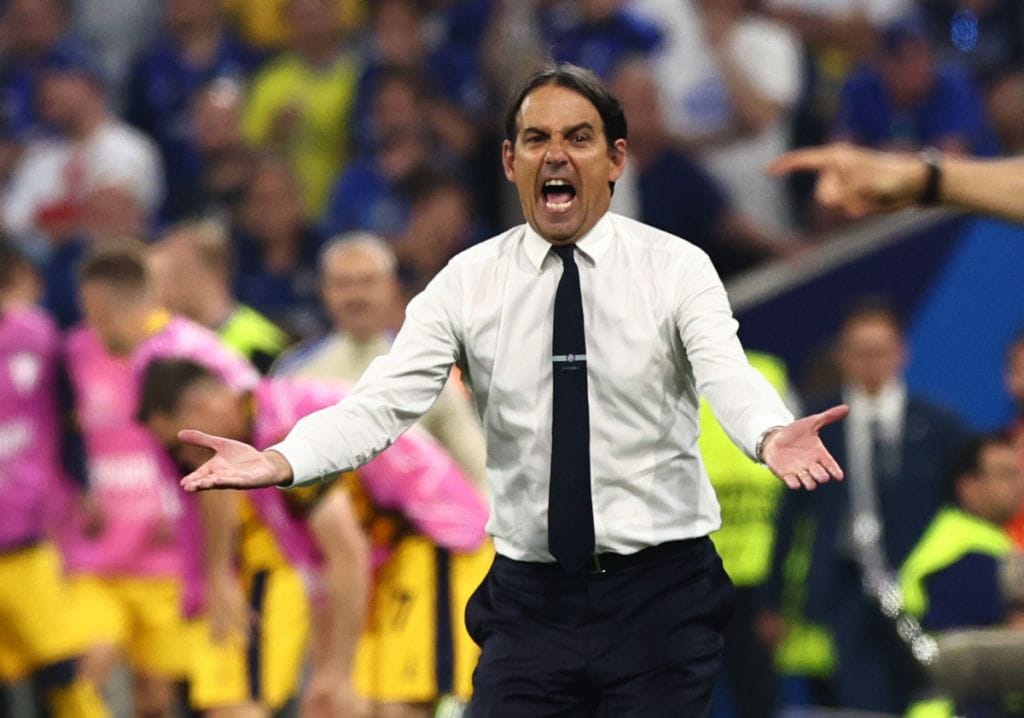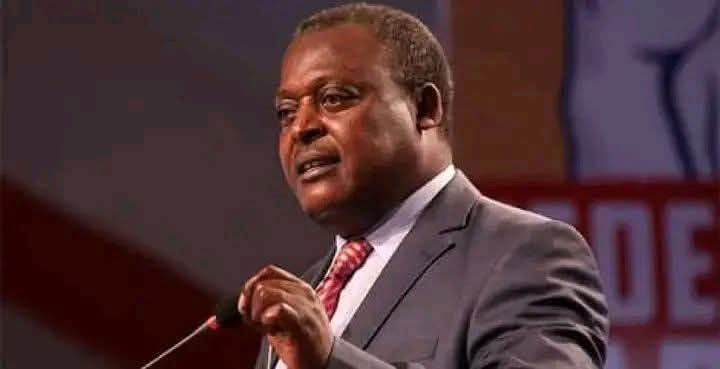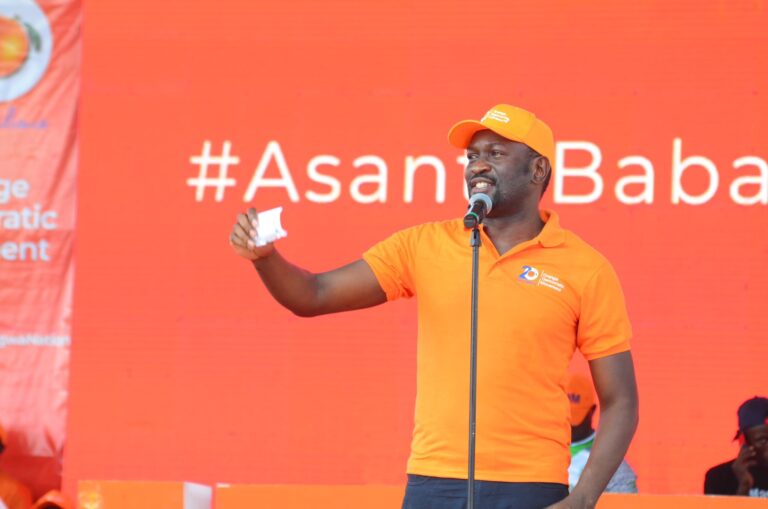
Former Inter Milan Coach Simone Inzaghi. Photo; Courtesy
In a stunning development that further highlights the financial might of Saudi Arabian football, Simone Inzaghi is set to become the highest-paid coach in world football history. The Italian tactician will reportedly earn an eye-watering €25 million per year after agreeing to take over the managerial reins at Saudi Pro League giants Al-Hilal.
This landmark deal puts Inzaghi ahead of some of the most esteemed names in global football. Manchester City’s Pep Guardiola, long considered the benchmark for elite coaching, currently earns €23 million annually. Mikel Arteta of Arsenal follows with €15 million, while Atlético Madrid’s Diego Simeone earns €13 million. Paris Saint-Germain’s Luis Enrique rounds out the top five with €11 million.
Simone Inzaghi, who has recently led Inter Milan to back-to-back Serie A title challenges and a Champions League final in 2023, leaves behind a growing legacy in European football. Known for his tactical acumen, particularly his ability to organize and motivate a team into a cohesive unit, Inzaghi’s move is a significant coup for Al-Hilal—and for Saudi football in general.
The move marks a watershed moment in the Saudi Pro League’s ongoing campaign to lure world-class talent to the Gulf state. After a series of marquee player signings in 2023 and 2024, the acquisition of a top-tier European coach signals a new phase: one where the league seeks not only star players, but elite leadership capable of shaping teams into competitive international outfits.
Al-Hilal, the most decorated club in Asian football, has already demonstrated its hunger for global recognition. Backed by significant state-supported investment through the Saudi Public Investment Fund (PIF), the club has been at the forefront of a strategic footballing revolution in the region. With players like Neymar, Kalidou Koulibaly, and Sergej Milinković-Savić on their books, Al-Hilal now adds one of the most respected managers in Europe to its ranks.
Inzaghi’s arrival is more than just a splashy hire—it is a strategic decision. His ability to manage big personalities, maintain team harmony, and implement a disciplined, high-energy playing style will be crucial in transforming a star-studded squad into a truly dominant force.
The staggering €25 million salary offered to Inzaghi underscores a broader shift in football’s economic power structure. Where Europe once held a monopoly on top-tier managerial and playing talent, leagues in Saudi Arabia, the United States, and even China (in years past) have demonstrated the capacity to challenge that dominance with lucrative offers.
While critics may question the sporting merit of such moves, there is no doubt that the landscape is changing. Coaches like Inzaghi are no longer making moves solely based on competition level—they are increasingly influenced by infrastructure, long-term vision, and, of course, financial incentives.
For Inzaghi, this move is a bold gamble. Success in Saudi Arabia could redefine his legacy, positioning him as a pioneer among elite European coaches who ventured outside the continent and thrived. Conversely, failure could invite scrutiny over motivations and diminish the reputation he built with Lazio and Inter Milan.
Nonetheless, his decision to lead Al-Hilal is emblematic of a broader truth in modern football: the game is globalizing rapidly, and success is no longer confined to the traditional power centers of Europe.
As Simone Inzaghi prepares for this next chapter, one thing is certain—he won’t just be the world’s highest-paid coach, he’ll also be one of its most watched.




